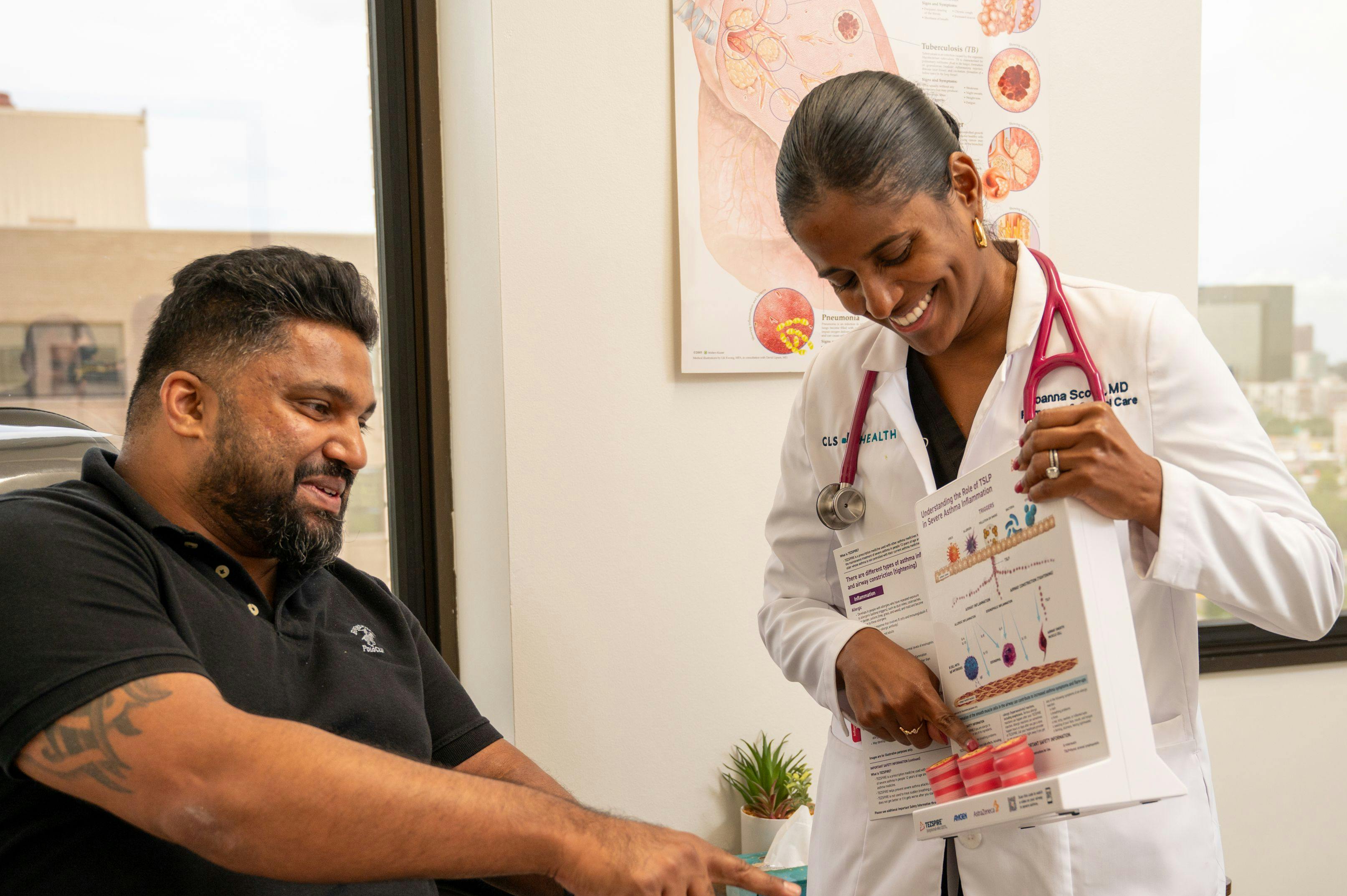About CLS Health

Our Mission
We are dedicated to providing comprehensive, compassionate, and personalized care that makes your healthcare journey as seamless as possible with a supportive staff to guide you every step of the way.
Executive Leadership

Mohammad J. Baba, MD
Dr. Baba graduated from the University of Damascus in 1988, obtained an internal medical residency at the Chicago Medical School, and began a fellowship in pulmonary and critical care medicine at Baylor College of Medicine. He started his practice in 1998 in Nassau Bay, Texas. Along with Dr. Dweik, he formed Clear Lake Pulmonary in 2005, which transitioned to Clear Lake Specialties before becoming CLS Health.

Mahmood Dweik, MD
Dr. Dweik graduated from the University of Jordan in 1993, then obtained an internal medicine residency at Scranton Temple Medical School, followed by a fellowship in pulmonary and critical care medicine at University of Texas Medical Branch. While at UTMB, he achieved chief fellow in pulmonary and critical care. Along with Dr. Baba, he formed Clear Lake Pulmonary in 2005.

Megan Owen, MBA
Megan Owen, a proud Texan with deep roots in her community, has dedicated her career to advancing healthcare standards and breaking barriers in a traditionally male-dominated industry. As the CEO of CLS Health, Owen brings a wealth of experience and a passion for comprehensive patient care, aligning with the company’s mission to empower physicians and deliver exceptional healthcare.

Misty Berger, MBA
With over 21 years of healthcare operations experience, Berger brings a proven track record of driving growth, building high-performing teams, and delivering exceptional results for patients and stakeholders alike.
Board of Medical Directors
Ancillary
Fethi Benraouane, MD
Education
Husam Issa, MD
Value-Based Care
Dipal Patel, FNP
Cardiology & Electrophysiology
Bahaeddin Shabaneh, MD
Hospitalist
Jamal Mohammed, MD
Infectious Disease
Syed Hasan, MD
Medicine
Zeid Karadsheh, MD
Neurology
Razi Rashid, MD, MPH
Orthopedics
Karthik Jonna, MD
Pain Management
Moustafa Ahmed, MD, EDRA
Physical Medicine & Rehabilitation
Gina Armstrong, MD
Podiatry
Bernabe B. Canlas, DPM
Primary Care
Alvaro Zamora, MD
Faiza Malik, MD
Khaled Attia, MD
Pulmonary
Emran Athera, MD
Rheumatology
Naser Elkhalili, MD
Surgery
R. Robert Dhir, MD
Women/Children
Jihad Harmouche, MD
Wound Care
Abdul Moosa, MD